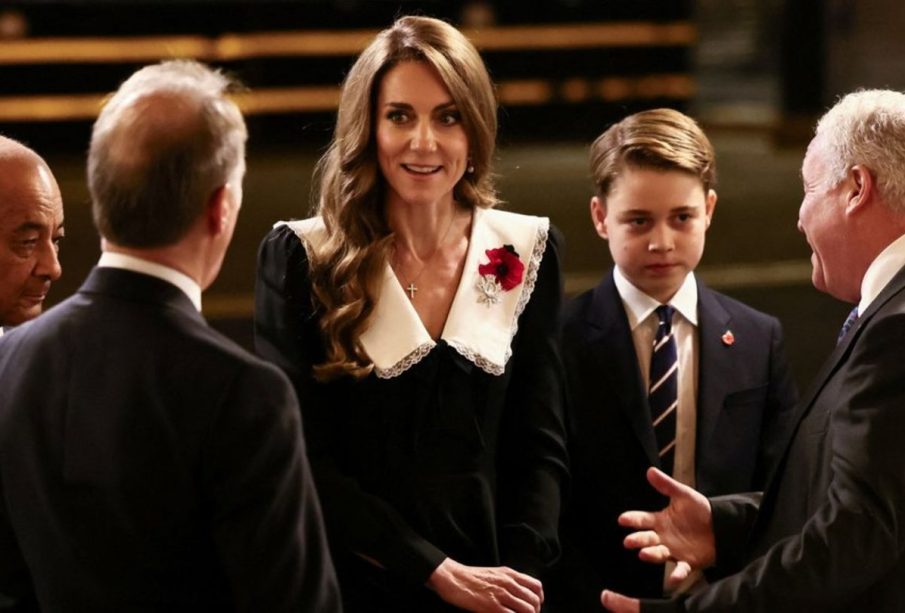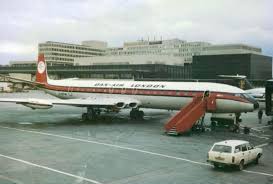The Significance of Remembrance Day at Royal Albert Hall

Introduction
Remembrance Day is observed across the United Kingdom on November 11th each year, commemorating the sacrifices of those who served in armed conflicts. The Royal Albert Hall, an iconic concert venue in London, plays a significant role in these commemorations, hosting the annual Royal British Legion Festival of Remembrance. This event serves not only as a tribute to the fallen but also as a reminder of the impact of war on society and the importance of peace.
The Royal Albert Hall and Its Role
Since its opening in 1871, the Royal Albert Hall has been at the heart of British cultural life. It is a fitting venue for Remembrance Day activities due to its historical significance and its status as a national monument. The Festival of Remembrance, which takes place the Saturday before Remembrance Sunday, showcases performances by military bands, choirs, and celebrity guests. The event is attended by members of the royal family, veterans, and members of the armed forces, adding to its atmosphere of solemnity and respect.
Events and Traditions
During the Festival of Remembrance, poignant narratives and tributes highlight personal stories from different conflicts, including World War I, World War II, and more recent engagements. The evening features the laying of wreaths at the base of the specially erected memorial, a moment of silence, and the symbolic ‘Last Post’ bugle call to honour the lives lost. This year, the event was particularly special as it marked the 105th anniversary of the end of World War I, drawing a substantial crowd both in-person and via broadcasts on television.
Conclusion
The Remembrance Day event at the Royal Albert Hall serves as an essential reminder of the importance of remembering those who have sacrificed their lives for their country. As society evolves, the commemoration of these brave individuals continues to foster a spirit of respect and reflection among future generations. The Festival of Remembrance not only enriches our collective memory but also encourages a continued dialogue about peace, reconciliation, and the enduring impact of war, making it a vital event for all, whether attending in person or tuning in from home.









